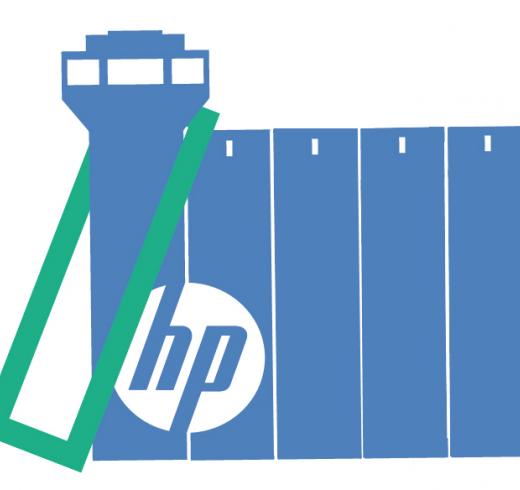The election of Donald Trump as the 45th President of the US unleashed a wave of protests and demonstrations. In response to the outpouring of dissent, anti-protest bills have been introduced in state legislatures. Many states are drafting bills to increase fines and jail sentences for protesters obstructing traffic (Minnesota, Washington, South Dakota, Indiana, Florida, Mississippi, Iowa), trespassing on infrastructure such as railways and pipelines (Colorado , Oklahoma), wearing masks (Missouri), or refusing to leave an “unlawful protest” (Virginia). Especially alarming are bills absolving liability from motorists who hit and kill protesters “accidentally” (North Dakota, Tennessee, Florida).
According to the National Lawyers Guild, the number of bills designed to limit protests and punish protesters is unprecedented. As of March 31, 2017, twenty-nine bills have been introduced in 20 states. The number doubles when bills penalizing support for the Boycott, Divestment, and Sanctions (BDS) movement for Palestinian rights are included.

The BDS movement, launched in 2005 as a non-violent campaign to press Israel to obey international law and end its illegal occupation of Palestinian territory, has gathered significant momentum in recent years. BDS campaigns rely on the same constitutionally-protected tactics used to protest racial segregation in the US and apartheid in South Africa. The First Amendment prohibits the government from punishing those who engage in such boycotts in order to suppress their views.
On June 5, 2016, New York Governor Andrew Cuomo issued an Executive Order seeking to punish BDS supporters, proclaiming on Twitter, “If you boycott Israel, New York will boycott you.” The Governor’s action was met by immediate protests across the state organized by the NY Freedom to Boycott Coalition – outside his office in Albany, his home in Westchester and at his appearance at the opening of the New York State Fair in Syracuse.
In March 2017, with no oversight or public debate, the NY State Senate passed three bills that seek to limit BDS activism. Two of those bills (S4837 and S2492) directly relate to universities and student groups. Meanwhile, S2493 conflates criticism of the state of Israel with anti-Semitism, characterizing BDS activism as a form of “hate speech.” If enacted, these bills would limit the ability of student groups to hold events with speakers who support the BDS movement or who are even critical of the state of Israel.
According to Rahul Saksena of Palestine Legal, “The bills resurrect widely-condemned tactics used to undermine democracy: creating McCarthyite political blacklists, attacking academic freedom and cracking down on student organizing.” Unlike the Republican-backed anti-protest bills in statehouses across the country, the three New York bills passed with support from most Senate Democrats.
The impetus for the anti-BDS bills in New York and across the country is the growing public support for boycott, divestment and sanctions (BDS) campaigns for Palestinian rights. According to a 2016 Brookings poll, the number of Americans who support imposing sanctions on Israel over its settlement construction has risen to 46 percent. One of the three demands in the Palestinian call for boycott, divestment and sanctions is an end to Israel’s military occupation, a step that would require the dismantling of the West Bank settlements which are illegal under international law.
After suffering what the Financial Times called “reputational damage” due to successful BDS campaigns against it, G4S, the world’s largest private security company, decided to end most of its involvement in Israel (G4S provides security at the Syracuse Airport and the Galleries downtown Syracuse). Currently, the Boycott National Committee urges Palestine solidarity activists around the world to develop boycott campaigns to pressure Hewlett Packard to end its relationship with Israel (bdsmovement.net/boycott-hp). HP supplies the Israeli government with technology to maintain its system of surveillance, checkpoints and racial segregation.
The aim of legislation that limits free speech is to silence social movements by causing confusion and spreading fear. In order to defend our Constitutionally protected right to dissent, it is critical that we push back on all bills that attempt to limit freedom of political expression.
For more information:
National Lawyers Guild: www.nig.org
Palestine Legal: palestinelegal.org
Take Action
NYS Legislative Action
New Yorkers should urge State Assembly members to oppose any bills that penalize political free speech in support of Palestinian human rights. This includes A3239, which calls for the creation of a blacklist of companies, organizations and individuals who advocate for the boycott of Israel, in order to deny them contracts with New York State. NYS Assembly Switchboard: (518) 455-4100
Congressional Action
Call Congress to vote against the Israel Anti-Boycott Act (S720 and HR1697). This anti-free speech bill would fine and deny loans to corporations that boycott or divest from illegal Israeli settlements. It is an attempt to legitimize Israel’s settlements despite the United Nations stance that settlements are illegal and an impediment to peace. Congressional Switchboard: (202) 224-3121





